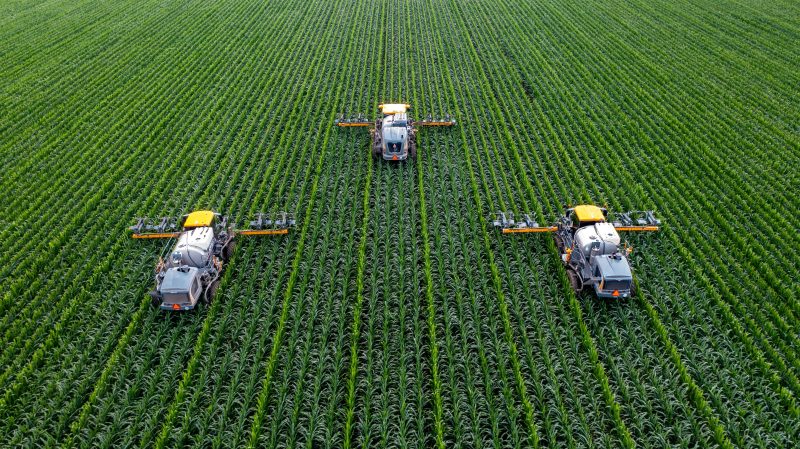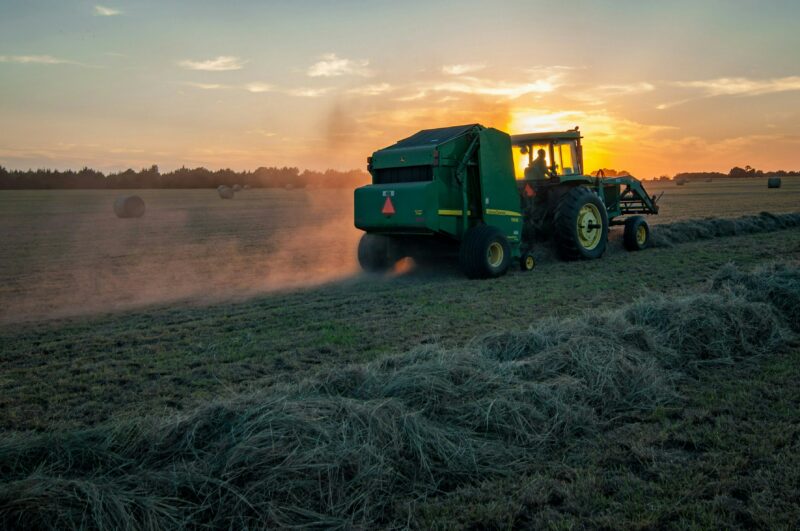An appetite for change: the importance of food systems to World Health Day
As we celebrate World Health Day, we’re taking a moment to remember how vital our food systems are for our health.

As we celebrate World Health Day, we’re taking a moment to remember how vital our food systems are for our health – and how ensuring a safe, sustainable and nutritious agroecology is one of the best ways to boost global health outcomes. Sadly, all too often in Europe we fall far from this ideal. We need to reform our industrialised, highly polluting and unhealthy farming and production systems to ensure a sufficiency of good food for consumers, fair returns for suppliers, and safeguards ecological and social wellbeing.
That’s why GEC and IIED and seeking to develop new approaches
transforming food systems in European cities to promote health,
fairness, and ecological sustainability.
Understanding Food Systems and Their Impact
Food systems are intricate networks that encompass everything from production to consumption. Unfortunately, these systems often lead to unintended and harmful consequences, especially in marginalized urban areas where poverty, social tensions, and pollution limit access to healthy food. To address these challenges, it is crucial to gain insights from those directly affected and combine their experiences with the expertise of food system stakeholders.
“ y strengthening subnational leadership and engaging stakeholders at all levels, we can create food systems that are equitable, sustainable, and resilient.”
Our goal is to create flourishing, sustainable food systems in European cities that provide sufficient healthy food for consumers, fair returns for suppliers, and safeguard ecological and social well-being. This vision requires active participation from urban communities, businesses, and policymakers. By engaging these stakeholders in dialogue and collaborative efforts, we can identify effective solutions to food system challenges and stimulate the supply of foods that are beneficial for both people and the planet.
Addressing Global Supply Chain Vulnerabilities
European food systems are heavily reliant on global supply chains, not just for food but also for chemicals and fossil fuels. The COVID-19 pandemic, extreme weather events, and conflicts have highlighted the vulnerabilities of these supply chains. Future food systems must ensure access to foods that cannot be produced locally, such as tropical fruits, cocoa, and coffee, while supporting a just transition in the global south. This requires a shift from industrial commodity production to local, resilient food systems that promote health and environmental sustainability.
To tackle these shortcomings, we’re proposing a four-step process.
- To envisage what a transformed European food system might look like in 2045. Creating a vision of a flourishing and sustainable food system is a vital first stage so guide our efforts towards better policy. We will imagine a Europe where meals are culturally relevant and nutritionally healthy, produced from resilient local sources, in a humane and responsible manner.
- To assess what overseas footprints, and impacts, as well as trade risks, are likely within a transformed food system. Changes to urban food supply chains should not leave people behind. Most European food chains draw deeply from lower to middle income countries outside of Europe, in the Majority World. Some food commodities cannot be produced in Europe and Majority World trade in these will need to continue. Yet, much traded food comes from production systems that cause harm to local societies and ecologies, and in accumulation, to the planet. Participatory engagement into these pathways will explore the consequences of injustice within food chains especially in the Majority World, how food supply chains can be used to change the nature of commodities produced and traded, away from harmful ones such as soya, beef, and oil palm, and towards beneficial ones that promote local wellbeing in both Europe and the Majority World.
- To propose the adoption a set of standards and targets to minimize negative impacts, and a menu of options for their implementation by different actors. Sustainable food system standards already exist – such as the Food Systems Countdown Initiative (FSCI) which brings together indicators that provide annual analysis to support the transformation of food systems, so they become equitable, sustainable, and resilient. More work is required to encourage their adoption and proliferation, however.
- To build capacity among stakeholders in managing environmental impacts from trade, via an engaged community of practice. Developing new policies in the realm of food and farming is always going to be a politically challenging process. To ensure people and communities are supportive and informing any outcomes, an interconnecting process of citizens dialogues is required, to create vibrant local level action and learning, as well as develop broader appetite for change.

Conclusion
On this World Health Day, let us commit to transforming our food systems to promote global health. By strengthening subnational leadership and engaging stakeholders at all levels, we can create food systems that are equitable, sustainable, and resilient. Together, we can ensure that everyone has access to healthy, nutritious food, paving the way for a healthier future for all.
- Duncan Williamson & Stuart Worsley


